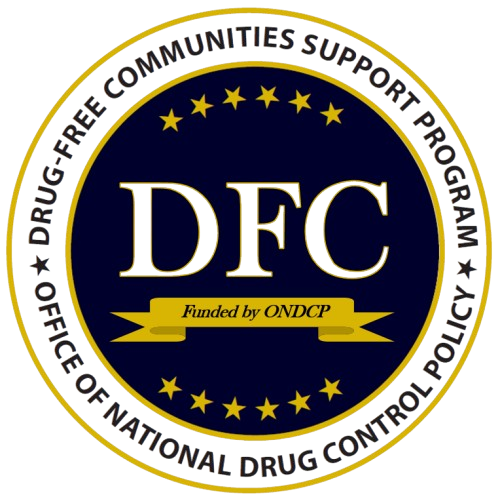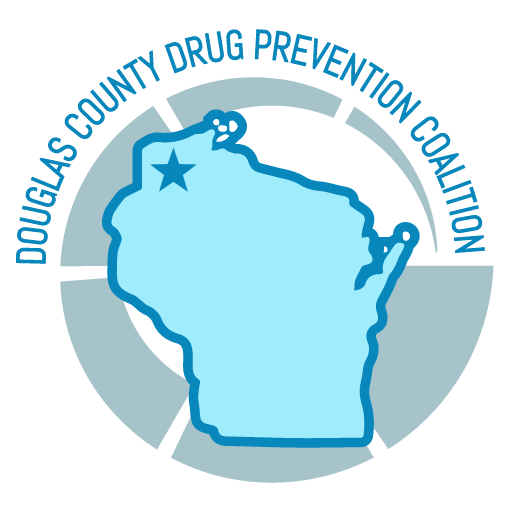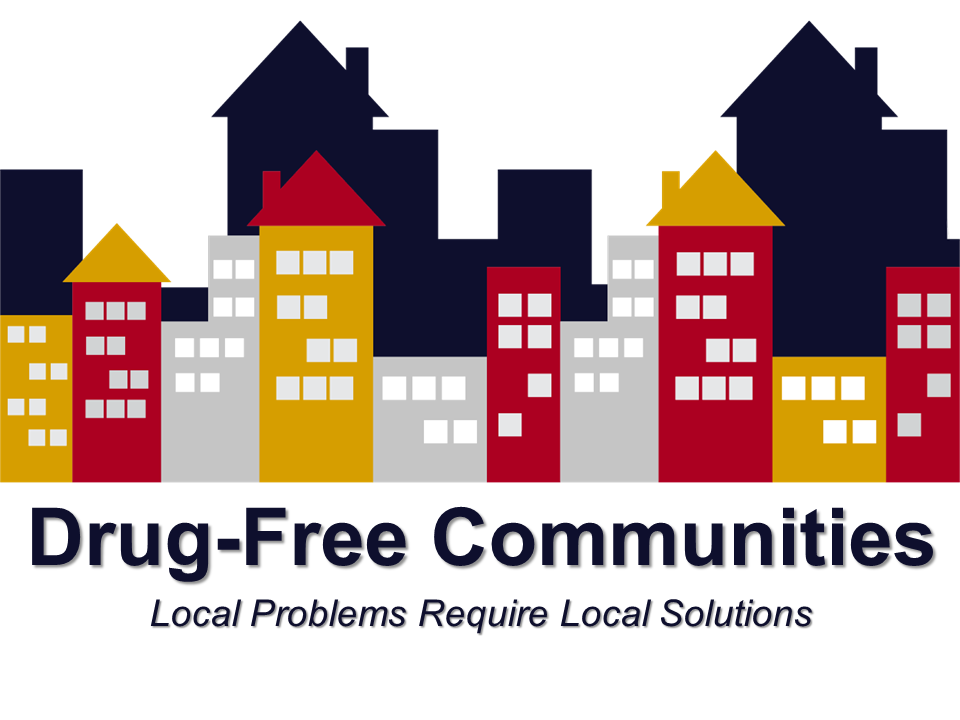Small Talks: How WI Prevents Underage Drinking
Small Talks is Wisconsin’s campaign to prevent underage drinking by encouraging short, honest conversations between kids and trusted adults. These small, early talks help shape healthy choices and build a foundation for long-term prevention.
What is a Small Talk?
Small talks are short, casual conversations that help you connect with your child on the important stuff, like underage drinking. Having lots of small talks over time helps build trust and set expectations as kids change and grow. Luckily, there’s no big production necessary. Just choose the alcohol-free moment that feels right to you. You can have a small talk anytime, anywhere.
Small talks is a campaign to encourage parents and other adults to engage in small, casual conversations with kids to educate them on the real risks of underage drinking. Underage drinking is a real problem in Wisconsin, and it starts earlier and can be more dangerous than you might think. Parents, loved ones, and other caring adults can help prevent underage drinking just by talking. Having small, casual conversations with kids can make a real difference in preventing underage drinking.




